Home>Home Maintenance>Who Is Present At A Home Inspection


Home Maintenance
Who Is Present At A Home Inspection
Modified: March 6, 2024
Discover who is present at a home inspection and ensure thorough home maintenance. Gain insights from professionals to safeguard your investment.
(Many of the links in this article redirect to a specific reviewed product. Your purchase of these products through affiliate links helps to generate commission for Storables.com, at no extra cost. Learn more)
Introduction
When buying or selling a home, a home inspection plays a crucial role in the process. It is a comprehensive evaluation of the property’s condition, highlighting any potential issues or concerns. But who exactly is present at a home inspection? Let’s take a closer look at the key individuals involved.
A home inspection typically involves the home inspector, the buyer, the seller, and sometimes the real estate agent representing either party. Each of these individuals has a stake in the outcome of the inspection and brings a unique perspective to the process.
Understanding the roles and responsibilities of each party can help ensure a smooth and transparent inspection process. So, let’s delve deeper and see what each participant brings to the table.
Key Takeaways:
- Home inspections involve the home inspector, buyer, seller, and real estate agent. Each has a specific role in evaluating the property’s condition and ensuring a smooth transaction.
- Other parties, such as contractors, insurance specialists, lawyers, appraisers, and home warranty companies, may also be involved in the home inspection process to fulfill their specific roles and responsibilities.
The Home Inspector
The home inspector is a trained professional with expertise in evaluating residential properties. Their primary role is to conduct a thorough examination of the home to identify any potential issues or safety concerns.
During the inspection, the home inspector will carefully examine various components of the property, including the structure, electrical systems, plumbing, HVAC systems, roofing, and more. They will assess the overall condition of the home and provide a detailed report highlighting any deficiencies or areas that require attention.
To ensure an accurate assessment, home inspectors use specialized tools and equipment. These may include moisture meters, thermal imaging cameras, and carbon monoxide detectors, among others. They employ a systematic approach to inspecting the property, checking both visible and accessible areas for any signs of damage, malfunction, or potential hazards.
Once the inspection is complete, the home inspector will prepare a comprehensive report detailing their findings. This report serves as a valuable resource for both the buyer and seller, providing insight into the current condition of the property and any necessary repairs or improvements.
It’s important to note that while home inspectors are highly knowledgeable and experienced, they are not experts in every aspect of home maintenance and repair. If the inspector identifies any significant issues, they may recommend further evaluation by an appropriate specialist.
Overall, the home inspector plays a vital role in the homebuying process, providing an unbiased evaluation of the property’s condition and helping buyers make informed decisions. Their expertise and attention to detail ensure that buyers have a clear understanding of the home’s strengths and weaknesses before finalizing the purchase.
The Buyer
As the name suggests, the buyer is the individual or party interested in purchasing the home. The buyer plays a crucial role in the home inspection process as they have a vested interest in understanding the condition of the property they intend to buy.
During the home inspection, the buyer has the opportunity to accompany the home inspector and observe the examination firsthand. This allows them to ask questions, gain insights, and better understand any issues or concerns that may be identified.
The buyer’s primary objective during the inspection is to assess the overall condition of the home and ensure that it meets their expectations. They can take note of any visible defects or necessary repairs and discuss these matters with the home inspector. The buyer can also gauge the general quality of the home’s systems, such as the electrical, plumbing, and HVAC systems, to determine if they are in good working order.
Additionally, the buyer should review the home inspection report thoroughly, paying close attention to any major issues or safety concerns. This report serves as critical documentation that can help negotiate repairs or adjustments to the purchase agreement. It provides the buyer with a better understanding of the potential costs and necessary maintenance required if they decide to proceed with the purchase.
It’s important for the buyer to approach the home inspection with realistic expectations. While the inspection can uncover many issues, it’s unrealistic to expect a perfect report. Some minor cosmetic issues are typical in most homes and should not deter the buyer if the overall condition of the property is satisfactory.
The buyer’s engagement in the home inspection process is crucial to making an informed decision. Being present at the inspection, asking questions, and reviewing the report carefully empowers the buyer to negotiate repairs, request adjustments, or reconsider their decision if significant issues are discovered.
When scheduling a home inspection, make sure to have the homeowner, real estate agent, and the inspector present. This allows for any questions or concerns to be addressed on the spot.
The Seller
The seller plays a significant role in the home inspection process as they are responsible for providing access to the property and disclosing any known issues or defects. While the seller typically isn’t present during the inspection itself, their cooperation and transparency are essential for a smooth and successful inspection.
Prior to the inspection, the seller should ensure that the home is accessible and that any potential obstacles, such as clutter or personal belongings, are cleared for the inspector’s assessment. The seller should also inform the home inspector of any areas of concern or known issues that may be relevant to the inspection.
During the inspection, the seller’s role is to step back and allow the home inspector to do their job without interference. It’s important for the seller to respect the buyer’s right to a thorough examination of the property and cooperate fully with any necessary access required for inspection purposes.
After the inspection, the seller will receive a copy of the home inspection report detailing any identified deficiencies or areas that require attention. This report serves as a valuable resource for the seller, allowing them to understand the condition of their property from the buyer’s perspective.
Depending on the findings of the inspection, the seller may be required to address certain issues or negotiate repairs with the buyer. It’s crucial for the seller to carefully review the inspection report and discuss any necessary actions with their real estate agent.
Sellers should keep in mind that a home inspection is not intended to be a checklist of cosmetic flaws. Rather, it focuses on significant issues that affect the safety, functionality, or structural integrity of the property. Cosmetic issues, such as minor wall scuffs or worn carpeting, are typically not the responsibility of the seller to address unless otherwise negotiated.
By being cooperative and transparent throughout the home inspection process, sellers can foster trust and confidence with potential buyers. Timely addressing any necessary repairs or negotiations can help facilitate a successful sale of the property.
The Real Estate Agent
The real estate agent represents either the buyer or the seller in the homebuying process. Their role is to assist their client in navigating the complex world of real estate transactions, including the home inspection.
During the home inspection, the real estate agent may choose to be present to support and advocate for their client’s interests. They can provide valuable insights and guidance throughout the inspection process.
For the buyer’s agent, being present at the inspection allows them to gain a better understanding of the property’s condition and any potential issues that may arise. They can address any concerns or questions the buyer might have and help interpret the inspection report’s findings.
On the other hand, the seller’s agent may also choose to attend the inspection. Their presence demonstrates their commitment to transparency and cooperation. They can provide essential information to the home inspector and facilitate access to various parts of the property.
Real estate agents play a crucial role in negotiations following the inspection. They help their clients interpret the inspection report and strategize on how to address any identified issues or repairs. The agent can assist in negotiating repairs with the other party or exploring alternative solutions that satisfy both the buyer and the seller.
In some cases, the real estate agent may also be responsible for coordinating additional evaluations or inspections if the initial inspection reveals major concerns. This could involve bringing in specialists, such as electricians, plumbers, or structural engineers, to further evaluate specific areas of concern.
Throughout the home inspection process, the real estate agent acts as a trusted advisor, providing guidance and ensuring that their client’s best interests are represented. They help manage expectations, facilitate communication between all parties involved, and ensure a smooth transaction.
It’s important for both buyers and sellers to have a reputable and knowledgeable real estate agent by their side. An experienced agent can navigate the complexities of the home inspection process, assist in negotiations, and ultimately help their clients make informed decisions.
Other Parties
In addition to the home inspector, buyer, seller, and real estate agent, there may be other parties involved in the home inspection process. These individuals or entities have a specific role or interest in the outcome of the inspection.
1. Contractors or Specialists: Depending on the findings of the home inspection, the buyer or seller may need to engage the services of contractors or specialists to further evaluate specific areas of concern. For example, if the inspection report reveals issues with the electrical system, an electrician may be called in for a more detailed assessment and repair estimate.
2. Insurance Specialists: In some cases, homebuyers may need to obtain homeowners insurance for their new property. Insurance specialists may request a copy of the home inspection report to assess any potential risks or liabilities that could affect insurance coverage or premiums.
3. Lawyers: Real estate transactions often involve legal paperwork and contracts. Lawyers representing the buyer or seller may require access to the home inspection report to ensure that all necessary disclosures and repairs are properly addressed in the transaction documents.
4. Appraisers: If the buyer is obtaining a mortgage to finance the home purchase, an appraiser will be involved in determining the property’s value. The appraiser may request information from the home inspection report to better understand the condition of the property and its impact on the appraised value.
5. Home Warranty Companies: Some buyers or sellers may choose to purchase a home warranty, which provides coverage for certain repairs or replacements of major home systems and appliances. The home inspection report can help the warranty company assess the overall condition of the property and tailor the coverage accordingly.
While these parties may not be physically present at the home inspection, they have a vested interest in obtaining information from the inspection report to fulfill their specific roles or responsibilities in the transaction.
Overall, the home inspection process involves a diverse range of individuals and entities, each playing a unique role in ensuring the transparency, safety, and quality of a property. The cooperation and collaboration of all parties involved contribute to a successful home inspection and ultimately a smooth real estate transaction.
Frequently Asked Questions about Who Is Present At A Home Inspection
Was this page helpful?
At Storables.com, we guarantee accurate and reliable information. Our content, validated by Expert Board Contributors, is crafted following stringent Editorial Policies. We're committed to providing you with well-researched, expert-backed insights for all your informational needs.


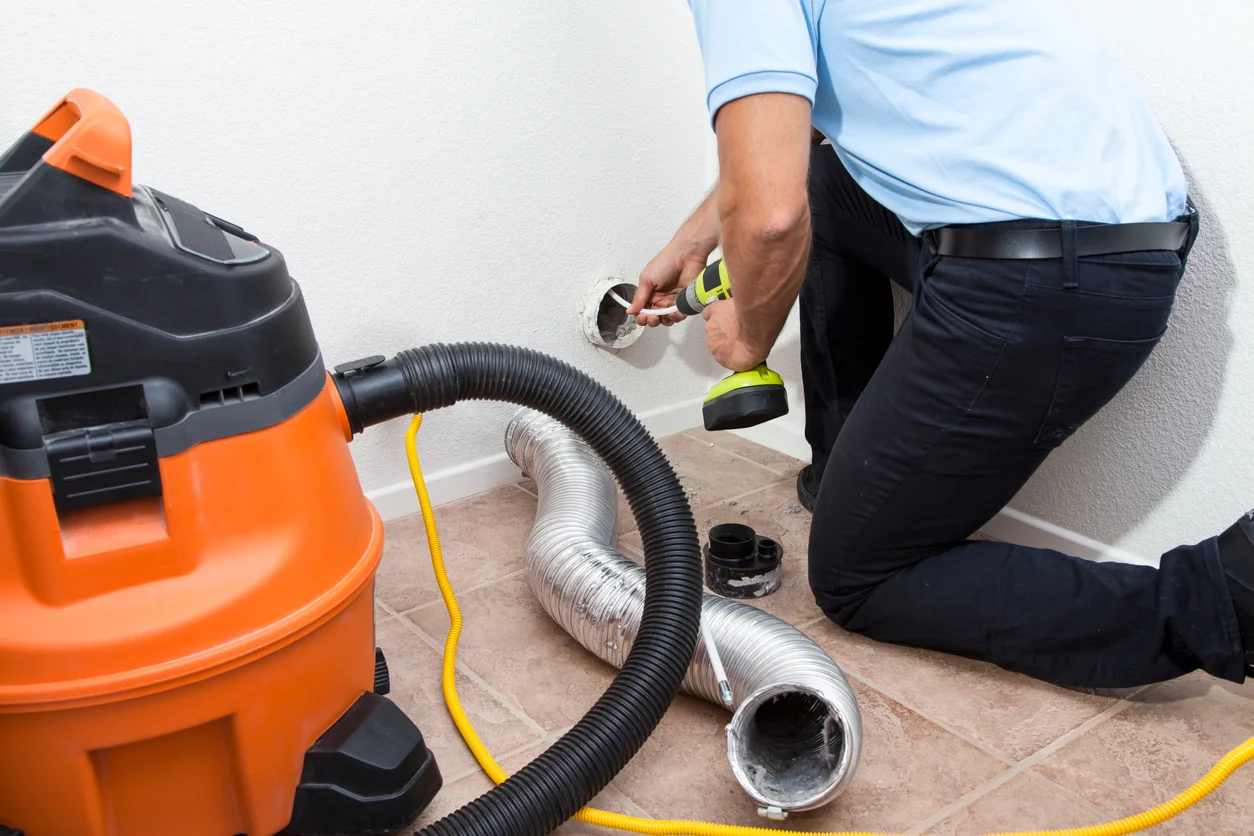
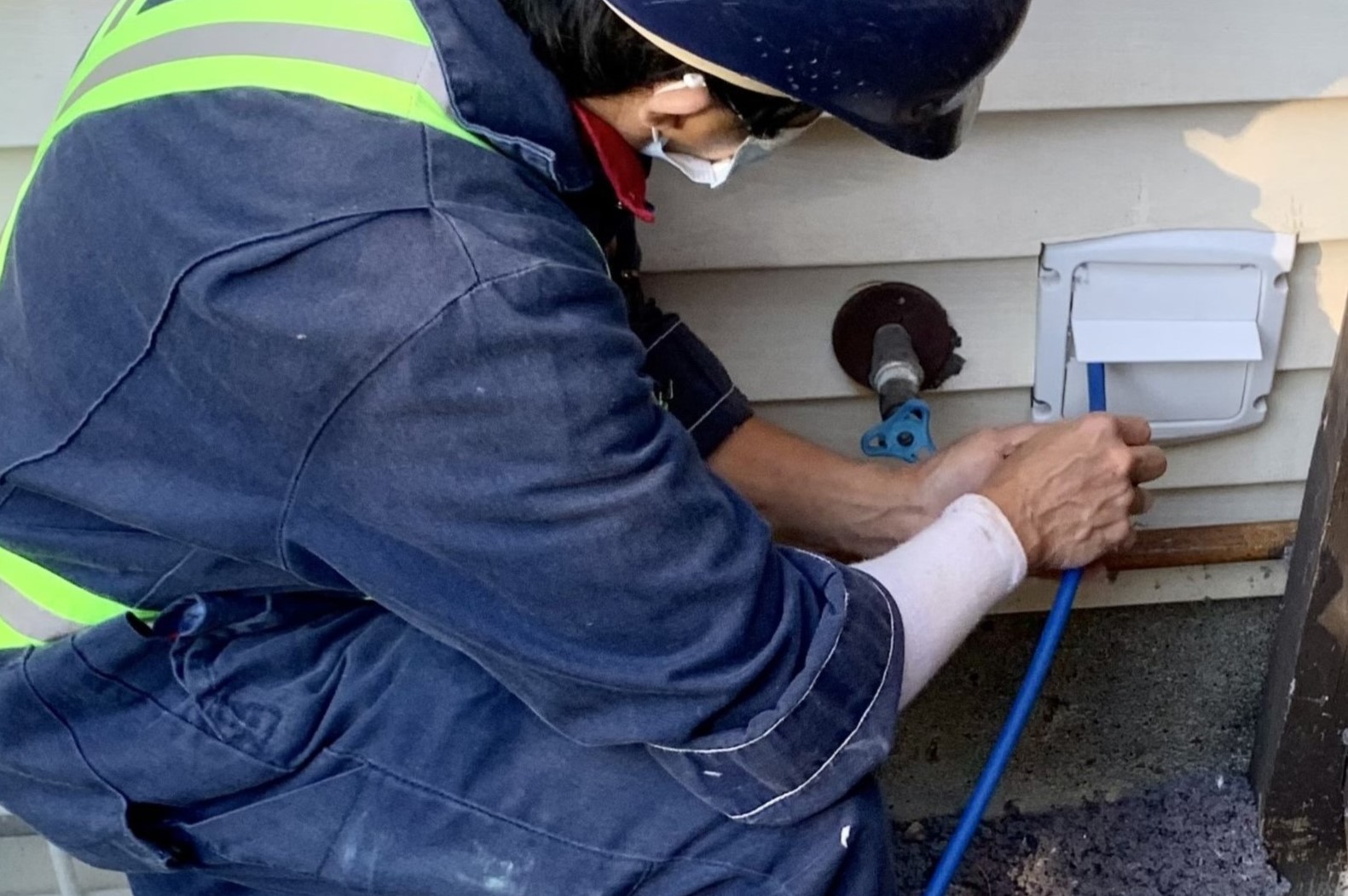

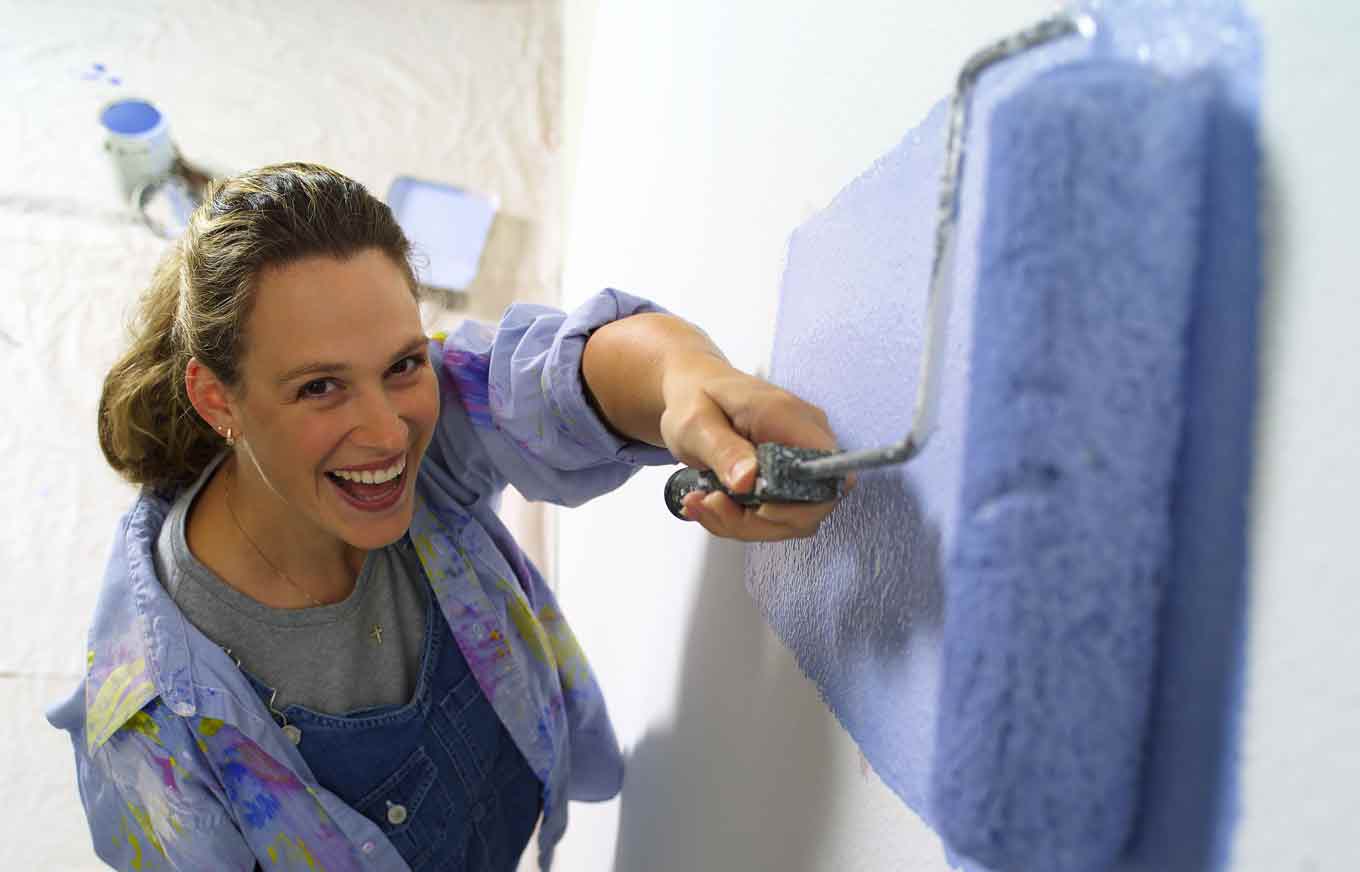



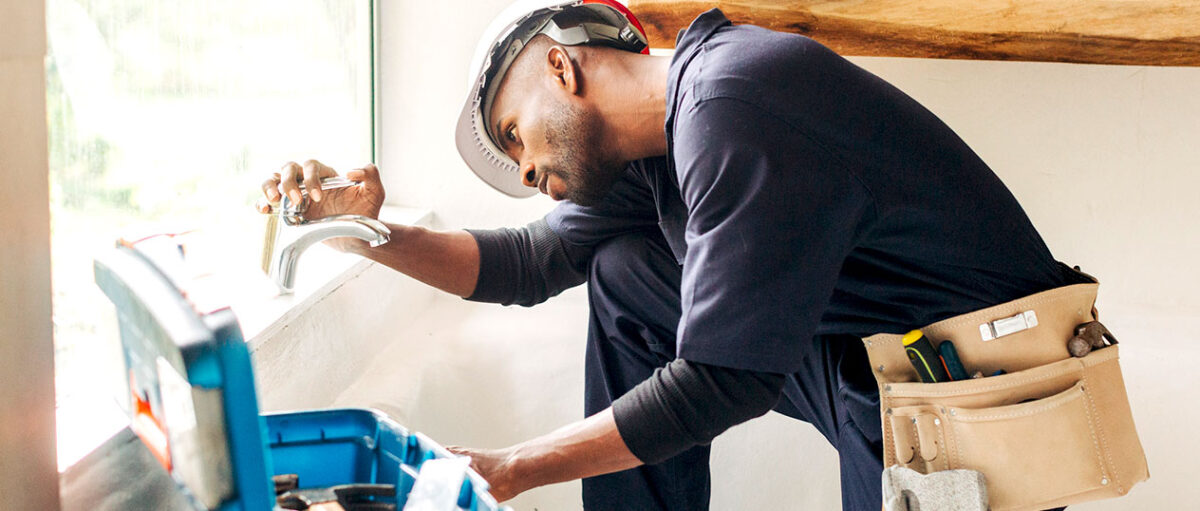
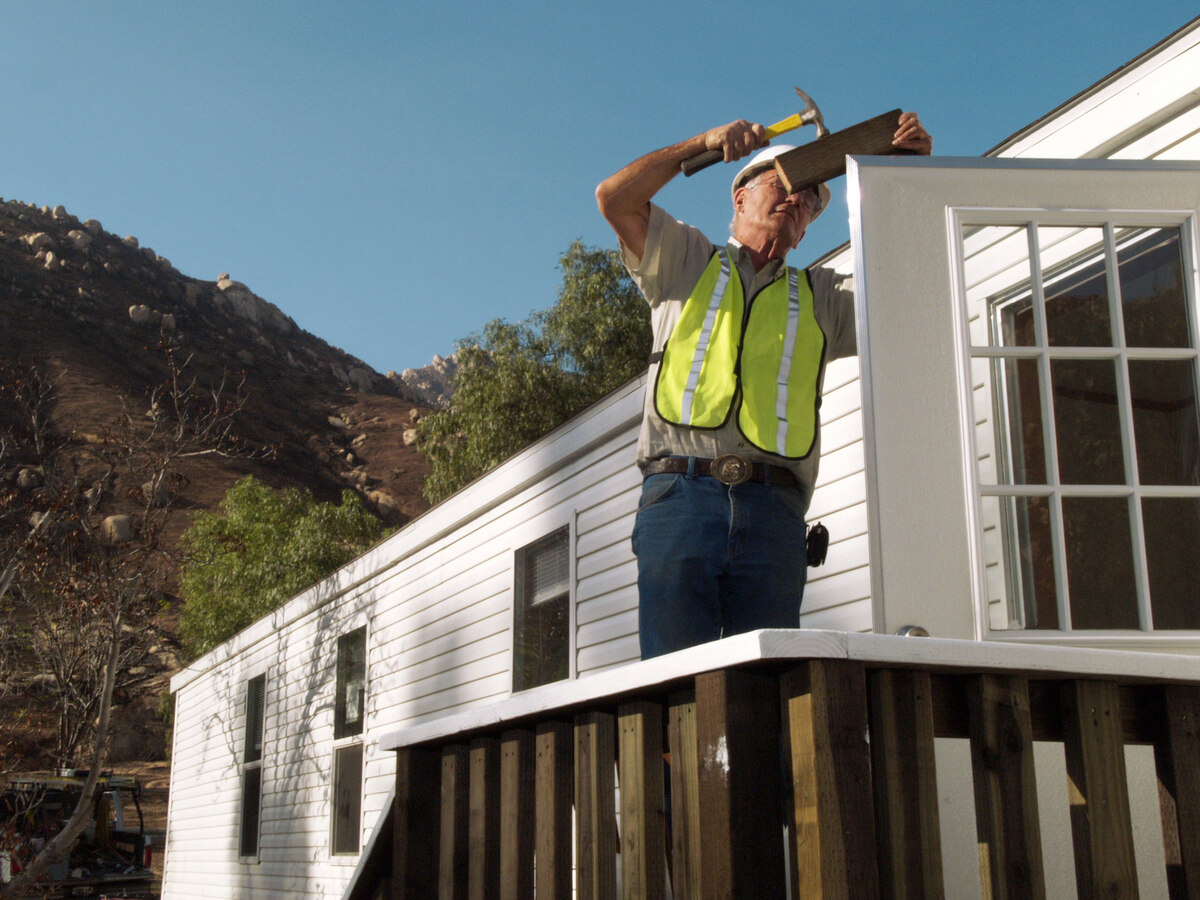
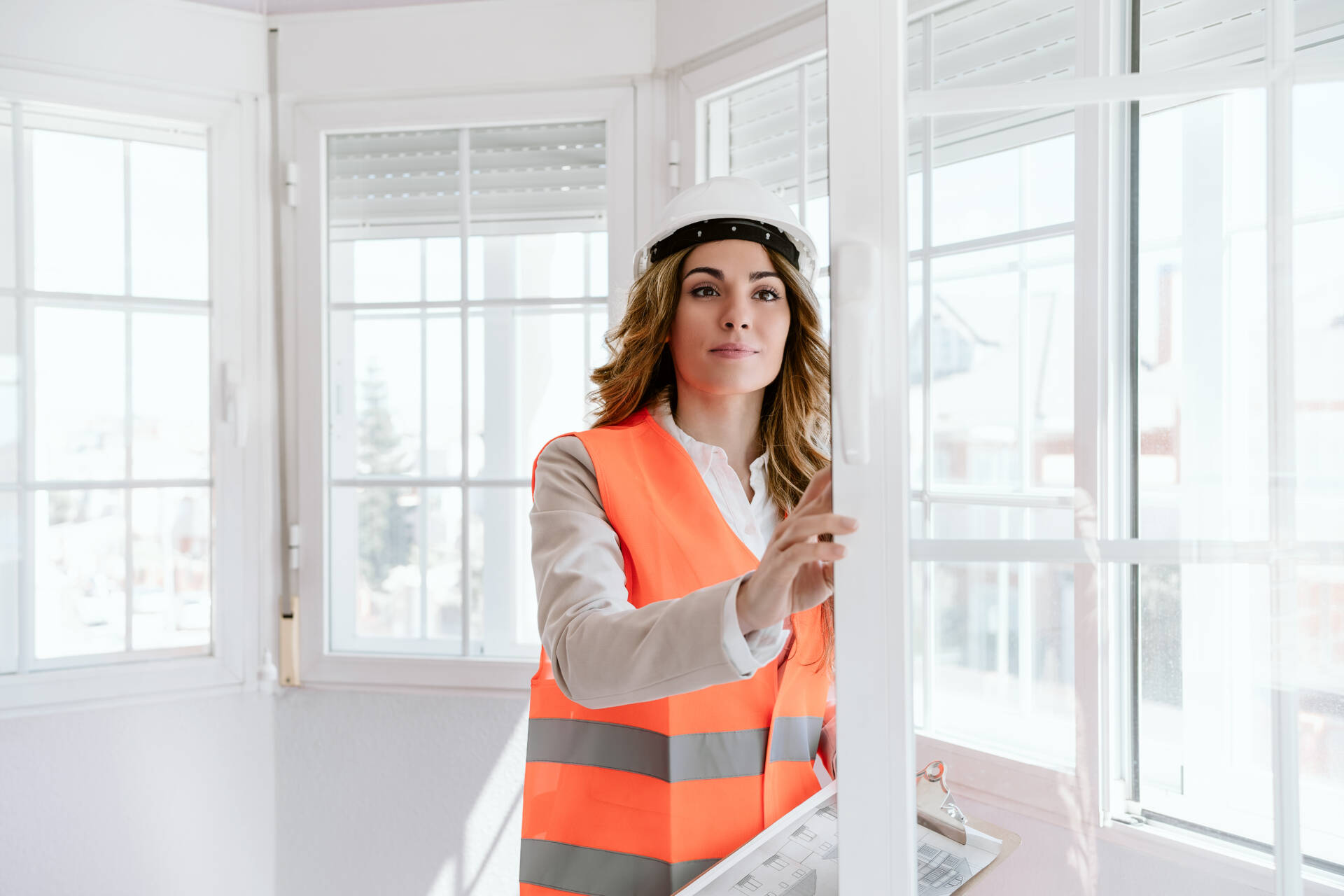

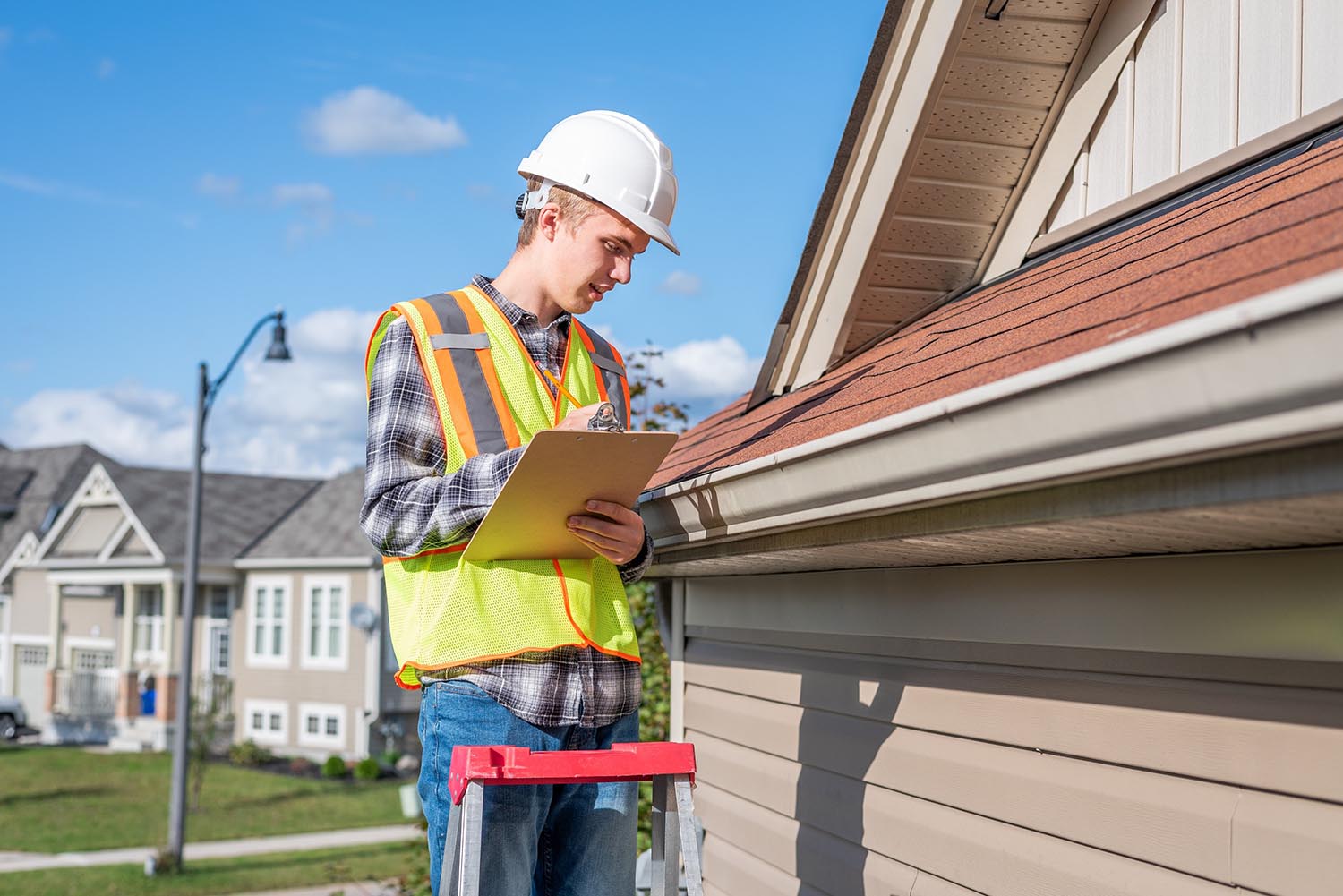

0 thoughts on “Who Is Present At A Home Inspection”